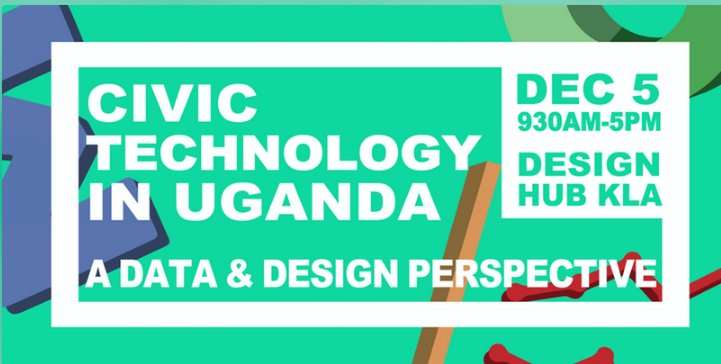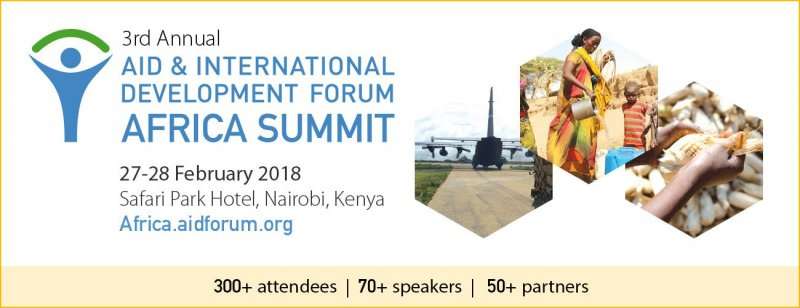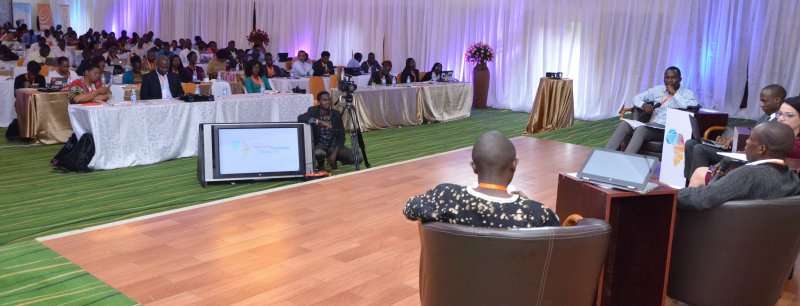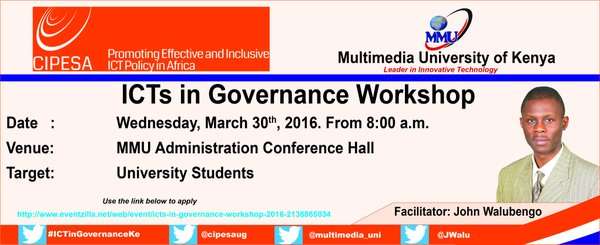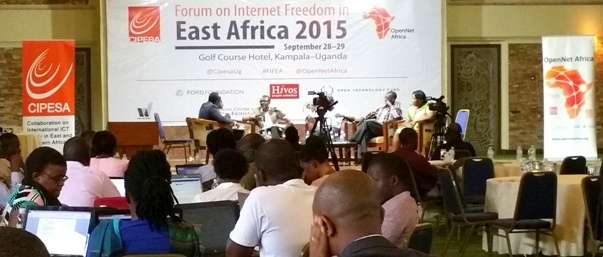By Juliet Nanfuka |
The recently concluded two-day Forum on Internet Freedom in East Africa 2015 sparked debate on the many facets of internet freedom, including access to information, digital safety, media freedom, online violence against women, regulation of the internet, freedom of expression online, and the online economy.
The first day of the Forum coincided with the internationally celebrated Right to Know Day (September 28) and also served as a platform to recognise the tenth anniversary of the Access to Information Act in the host country, Uganda.
The Forum, organised by the Collaboration on International ICT Policy for East and Southern Africa (CIPESA) under the OpenNet Africa initiative, brought together just under 200 participants, a dramatic increment from the 85 who participated at last year’s inaugural Forum. Participants represented a wide spectrum of stakeholders including communications regulators, civil society, intermediaries, private sector, tech enthusiasts, artists, media and ordinary citizens. It was supported by the African Centre for Media Excellence (ACME), Hivos, Ford Foundation, Open Technology Fund, UNESCO and Web We Want.
According to the ITU, there are currently 3.2 billion people using the internet of which, by end 2015, two billion will come from developing countries. There is therefore a need to create awareness and to advocate for internet rights in developing countries that are registering a dramatic uptake of the internet.
The African Declaration on Human Rights has set the foundation upon which human rights standards and principles of openness in internet policy formulation can be developed in Africa. While various policies and laws have been developed in the continent’s 54 countries, many contradict the rights to privacy, access to information, data security, and freedom of expression.
In his opening remarks at the Forum, Jaco du Toit, Communication and Information Adviser at the UNESCO Regional Office for Eastern Africa, pointed to growing concerns over the mechanisms used by governments in the region to monitor citizen’s activities both online and offline. These concerns threaten legitimate online interactions including by the media that plays the role of society’s watchdog, and by critical citizens with large online footprints and human rights organisations that rely on information to encourage civic participation and good governance.
The use of ICT tools by citizens to exercise their right to free expression and as an engine for development is widely recognised especially as the push for open data gains momentum across the African continent. However, recognition of internet rights in the same breath as the rights guaranteed offline by national constitution remains a grey area.
Internet Freedom in East Africa
The forum served as the launch of the State of Internet Freedom in East Africa 2015 report on access, privacy and security online in Burundi, Kenya, Rwanda, Tanzania, and Uganda. The report is the result of qualitative and quantitative research conducted in the focus countries between May 2014 and August 2015.
The report highlights legal developments related to internet freedom in each of the focus countries such as the May 2015 ruling by the East African Court of Justice (EACJ) against the Burundi Press Law of 2013, on the grounds that some sections went against the principles of press freedom. This marked a victory for the Burundi Journalists Union who had petitioned the court over the repressive law. In Kenya, the Security Laws (Amendment) Act was signed into law despite concerns over its expansion of the surveillance capabilities of the Kenyan intelligence and law enforcement agencies.
In Tanzania, the controversial Cybercrimes Act and the Statistics Act were both passed in 2015 notwithstanding protests due to the restrictions they place on advancing transparency and access to information.
Progressive public access developments are also reported such as the Smart Kigali initiative which provides wireless internet service on select public transport buses. The Ministry of ICT in Rwanda also launched the “Stay Safe Online” campaign aimed at promoting awareness on cyber security.
The report also presents some of the violations of internet freedom that were registered in East Africa over the last year.
Knowledge, Attitudes and Perceptions on Internet Freedom
The report found that understanding of what constitutes internet freedom among the region’s citizens is varied. The majority associated internet freedom with the ability to utilise the internet free of unwarranted state regulations or commercial restrictions.
Online safety practice was low with only 48% of the respondents using digital safety and security tools to safeguard themselves online. A lack of awareness of security risks on digital platforms and shortage of skills to secure communications were among the reasons for not actively utilising online safety tools.
The report further found widespread perception among East Africans of government surveillance even where there was limited evidence remain prevalent of actual surveillance. Respondents cited national security, countering terrorism, and combating hate speech as key reasons for government surveillance.
Discussion Echoes Report Findings
Discussions in the 13 sessions at the forum repeatedly pointed out contradictory or non-existent laws to protect users especially in instances where critical content in writing, or creative and performing arts have led to arrests. This in turn has contributed to self-censorship by independent content producers and media.
Further, victims of online violence against women (VAW) do not have any legal structures to ensure their rights are upheld; instead, many are castigated more than the perpetrators of the violence. Limited legal provisions on the vice have thus led to a culture of silence and misinformation which in turn impacts upon reporting of cases to indicate the extent and actual statistics of VAW in African countries.
Discussions at the forum echoed insights gathered in the report, including the friction between control of content which impacts upon freedom of expression and regulation of the internet so as to combat hate speech and terrorism, and to maintain national security and public order.
“Ignorance of the law is not an excuse,” said Irene Kaggwa, Head of Research and Development at the Uganda Communication Commission on the need for responsible use of the internet. Jimmy Haguma, Acting Commissioner with Uganda Police’s Cybercrimes unit, , added that “freedom without control” would contradict certain needs, such as ensuring child online safety and protection from theft and fraud.
The challenges involved with ensuring that the internet is a safe space for genuine interaction were summarised by Facebook’s head of Public Policy for Africa, Ebele Okobi, who noted that “If Facebook were a country, it would be the biggest country in the world.” She added that the global platform faces a challenge of how to apply the laws of every country in which it has users in its policy on online content.
Underpinning all discussions at the forum was the use of social media and the need for users to build their digital security capacities as the online arena increasingly becomes the key avenue for social interaction. However, legislation in many countries has not moved fast enough to ensure the protection of users who fall victim to online abuse and violence.
In his closing remarks, Vincent Bagiire, Chair of the ICT Committee, Parliament of Uganda, emphasised the necessity for further engagement on internet freedom not only by civil society but with a more inclusive multi-stakeholder approach which works towards ensuring a free and open internet. He stated that this responsibility exists first at the national level, “but given the borderless, global nature of the internet”, it is also very much a global issue. “Internet freedom is both a domestic and a foreign policy subject,” he said.
The Forum had representation from 19 countries including Burundi, Cameroon, Democratic Republic of Congo, Ethiopia, Germany, Italy, Kenya, Nigeria, Rwanda, Tanzania, South Africa, South Sudan, Sudan, Somalia, Uganda, United Kingdom, United States of America, Zambia, Zimbabwe
For more details, visit the Forum on Internet Freedom in East Africa 2015 page, See the full programme and the speaker biographies.

